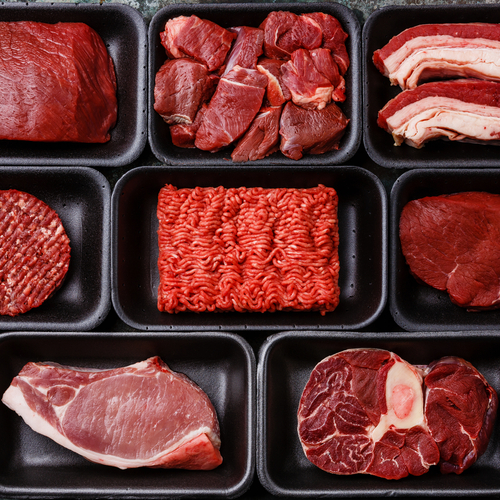Last week, the New York Board of Health passed a new initiative aimed at “shaming” individuals out of ordering their favorite foods. Now, obesity “experts” are squawking that shame might not be enough. In the latest issue of the Preventing Chronic Diseases health journal, Dr. Deborah Cohen argues that the anti-obesity movement should focus less on personal responsibility and more on “shaping the food environment.” And she’s not talking about a gentle nudge in the right direction. (In food cop lingo, “to shape” means “to regulate.”) Here’s a short sampling of her “shaping” suggestions:
regulating where food can be sold;
implementing zoning laws to limit fast-food restaurants;
reducing portion sizes;
removing vending machines from offices and public buildings;
banning trans fat;
labeling all food, including restaurant food, for nutritional content;
restricting food advertising; and
counter-advertising to remind people of the harm of overeating and unhealthful eating.
Even if you ignore the obvious downside of these freedom-trouncing policies, there are plenty of unforeseen trade-offs in implementing public health mandates with little evidence that they’ll work. Today in the Baltimore Sun, Johns Hopkins professor Dr. Frank Witter cautions policymakers against going overboard on dietary regulations: “We have to strike a balance. Even water, there’s a downside for too much and a downside for too little.” And columnist Alan Caruba echoes that concern:
Whatever you do, blaming the Big Corporations that are simply providing what you want and demanding that government ban various elements of the food supply is not going to change anything. It won’t reduce your waist size, but it will increase your loss of personal freedom and choice.




